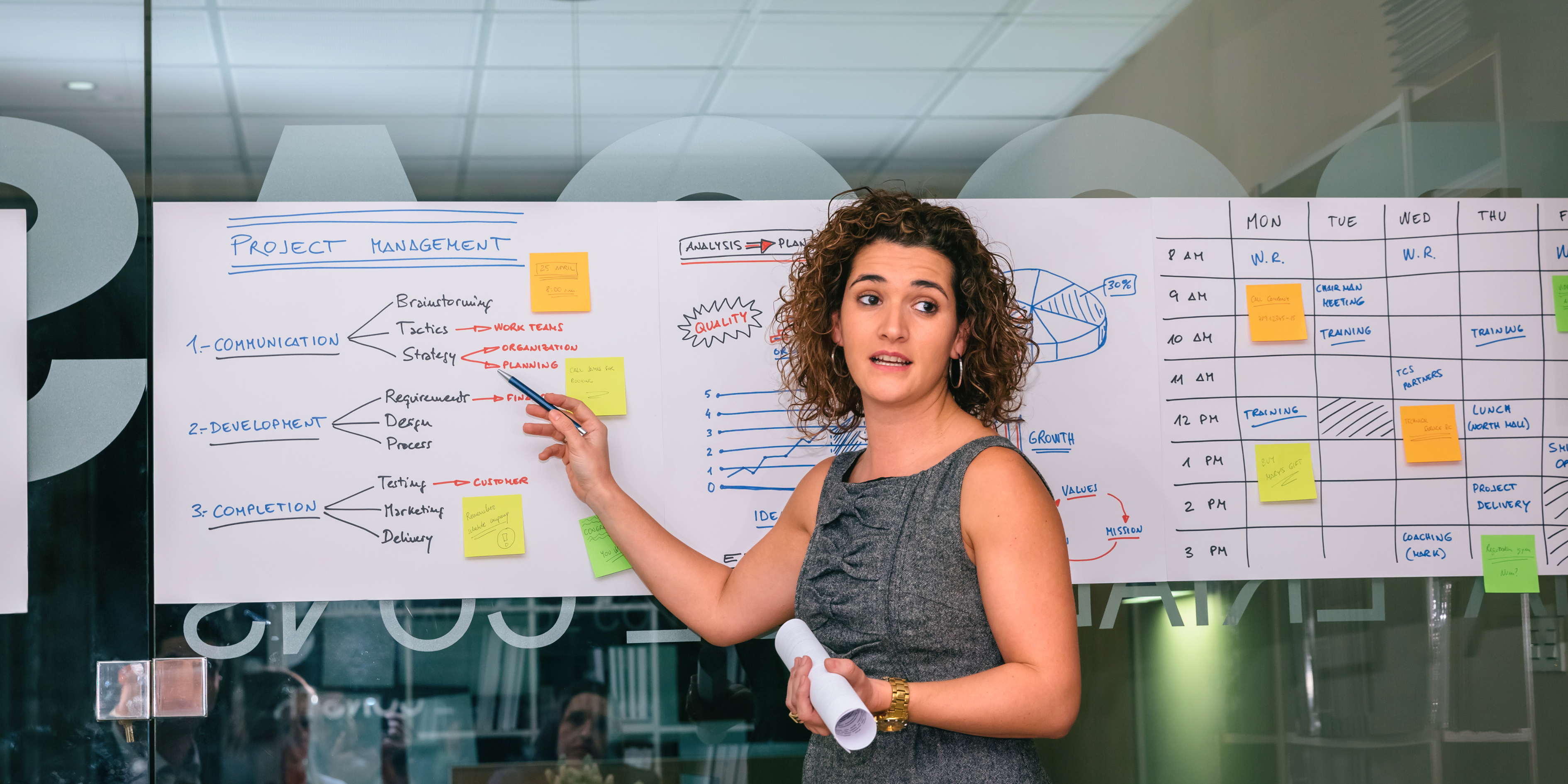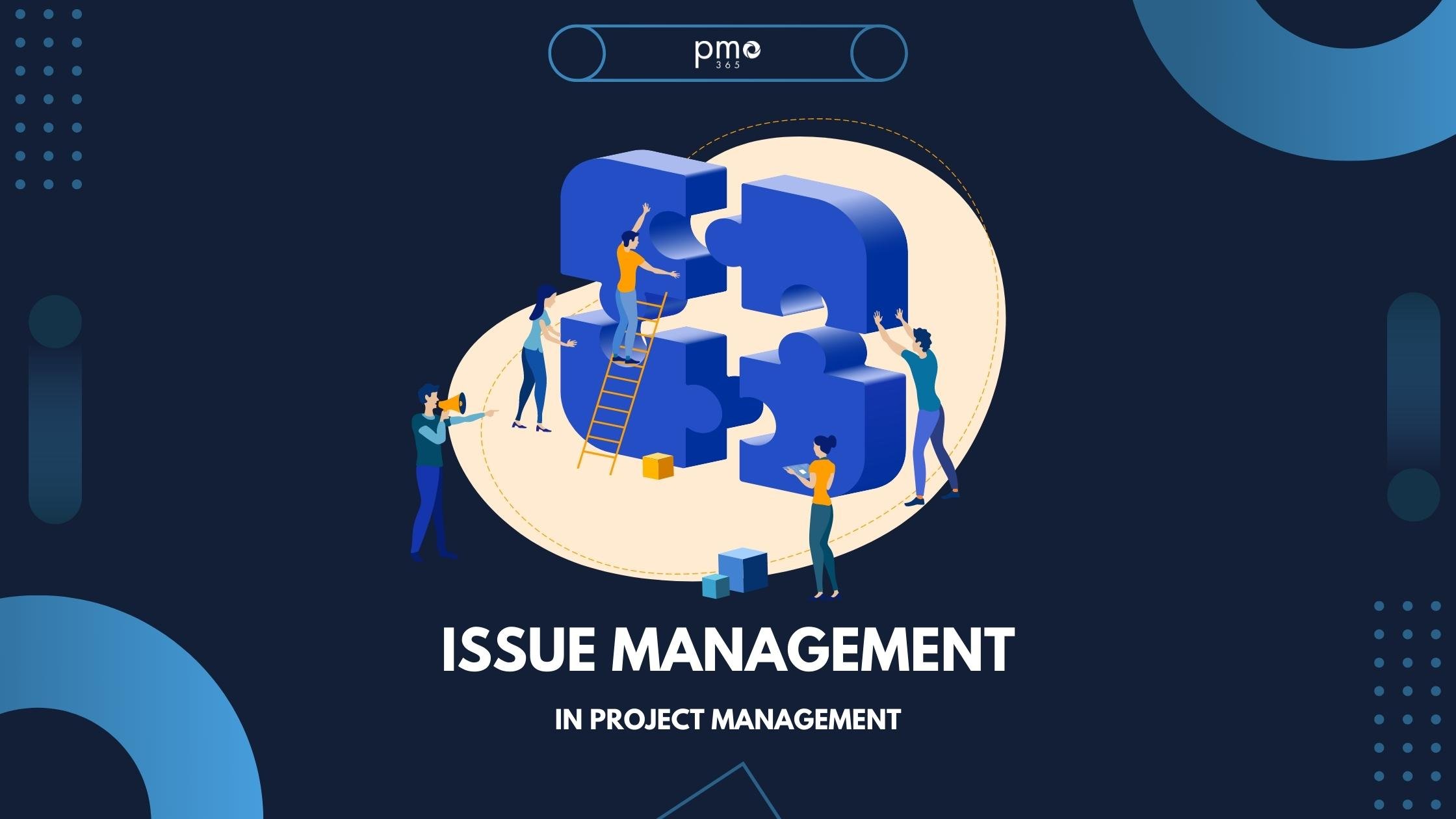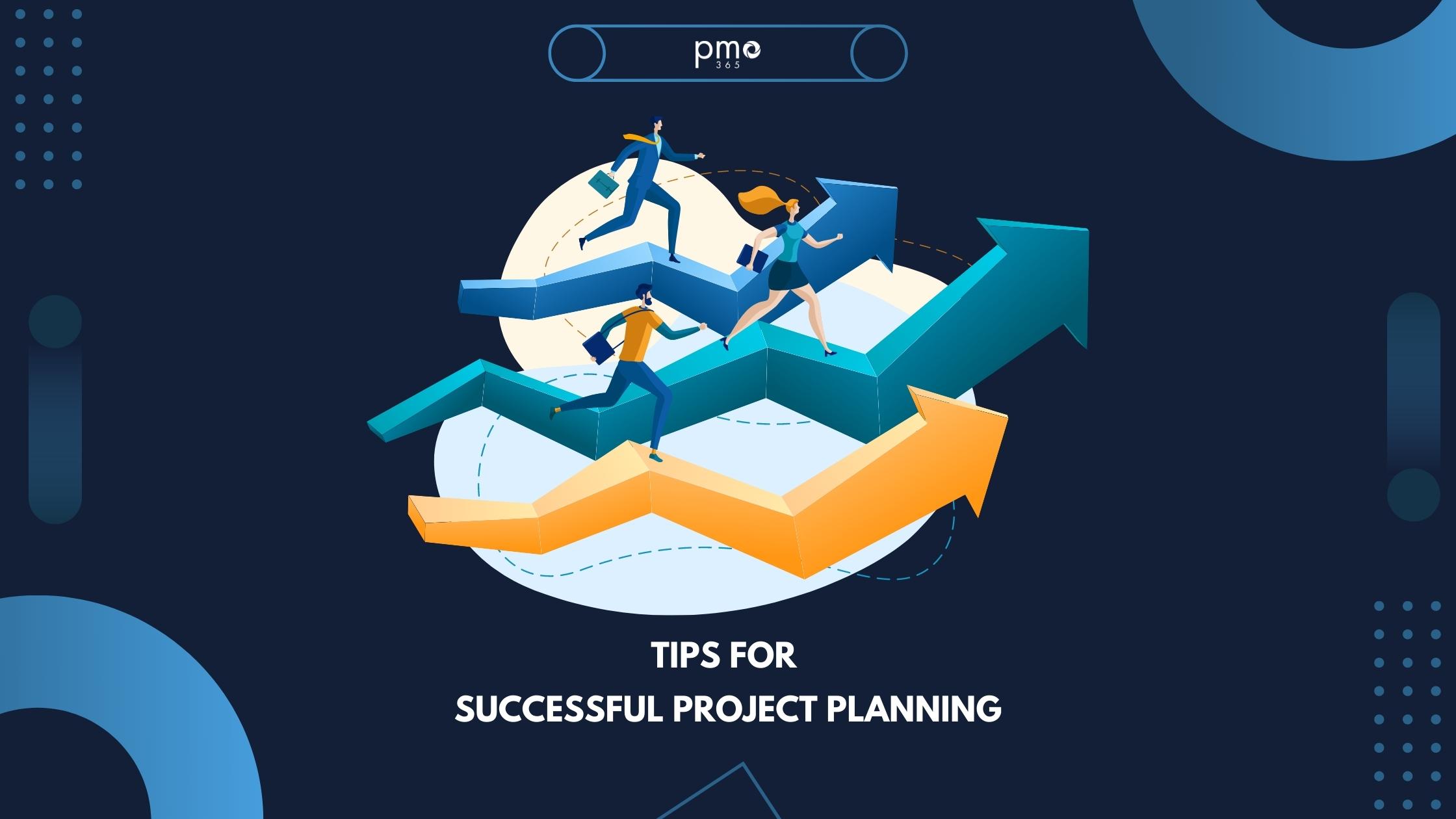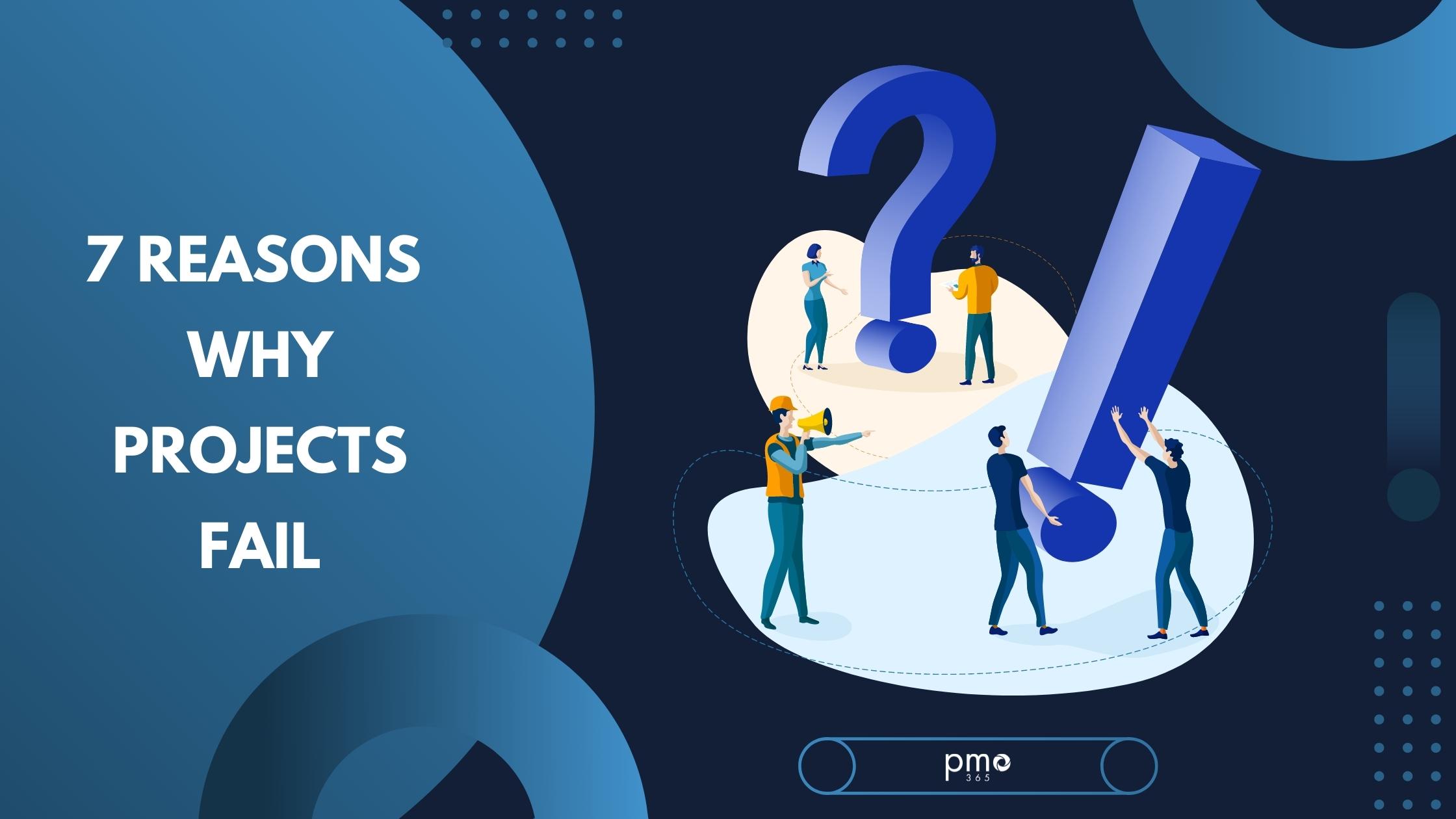In project management, learning from past experiences is essential for driving efficiency, reducing risk, and enhancing performance.
That’s where a lessons learned template becomes a powerful tool. It formalises the process of capturing knowledge from completed projects, enabling teams and organisations to make informed decisions and avoid repeating mistakes. But what should a lessons learned template include, and how can you implement it effectively?
What Is a Lessons Learned Template?
A lessons learned template is a structured document used to record insights gained during and after the execution of a project. It is typically completed during the project closure phase, either as part of a post-implementation review or a dedicated lessons learned session. The goal is to reflect on the project's performance and identify:
- What went well?
- What didn’t go as planned?
- What could be done differently next time?
The purpose of a lessons learned process is not to assign blame, but to support continuous improvement and promote a learning culture.
Essential Sections of a Lessons Learned Template
Here’s what a comprehensive lessons learned template should include:
|
Section |
Description |
|
Project Information |
Name, ID, Sponsor, Manager, Duration, Team Members |
|
Objectives & Outcomes |
Summary of original goals and whether they were achieved |
|
Successes |
Things that worked well, innovations, and efficient practices |
|
Challenges/Issues |
Problems or obstacles that affected delivery, budget, scope, or quality |
|
Root Cause Analysis |
Underlying reasons for both successes and failures |
|
Impact Assessment |
The effect of lessons on cost, time, quality, or stakeholder satisfaction |
|
Recommendations |
Practical, actionable advice for future projects |
|
Responsible Parties |
Who is responsible for applying or actioning these lessons |
|
Next Steps |
Follow-up actions and proposed process improvements |
|
Date/Sign-Off |
Review date and approval from project leadership |
Benefits of Using a Lessons Learned Template
- Drives Organisational Learning
- Enables knowledge transfer between teams and departments
- Prevents the loss of knowledge when staff turnover occurs
- Improves Future Project Planning
- Refines project scoping, risk management, and stakeholder engagement
- Informs estimations and decision-making processes
- Supports Governance and Compliance
- Provides audit trails and documentation for regulators or sponsors
- Demonstrates proactive risk and quality management
- Encourages Team Reflection
- Builds trust and transparency
- Fosters an open culture of feedback and accountability
How to Run an Effective Lessons Learned Session
- Schedule a Workshop: Hold it during project closure, before memories fade.
- Invite the Right People: Include cross-functional representatives, not just project managers.
- Facilitate Open Dialogue: Use a neutral facilitator to encourage honest, constructive input.
- Categorise and Prioritise: Sort feedback into themes (e.g., communication, resources, tools).
- Document and Share: Populate the template and distribute it to stakeholders.
- Act on It: Integrate lessons into future planning, templates, training, and policies.
Lessons Learned Template Example (Downloadable Format)
Want a head start?
Here’s a simple version you can recreate in Excel, Word, or a collaborative tool:
|
Project name |
|
|
Sponsor |
|
|
Manager |
|
|
Duration |
|
|
What worked well?
|
|
|
What didn’t work? Why |
|
|
Recommendations |
|
Where to Store Your Lessons Learned
- PMO Central Repository (SharePoint, Teams, Confluence)
- Project Management Tool (e.g., pmo365, Microsoft Planner, Jira, Asana)
- Knowledge Base or Wikis
- Integrate with existing risk logs, issue logs, and improvement registers
Final Thoughts
Using a lessons learned template is one of the simplest and most effective ways to transform experience into improvement. Whether you’re managing IT projects, capital works, or business transformation programs, systematically capturing and applying lessons ensures that your organisation grows smarter with every project.
Don’t just finish a project. Learn from it.
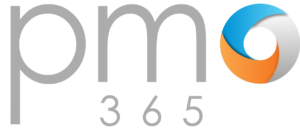


.png)
